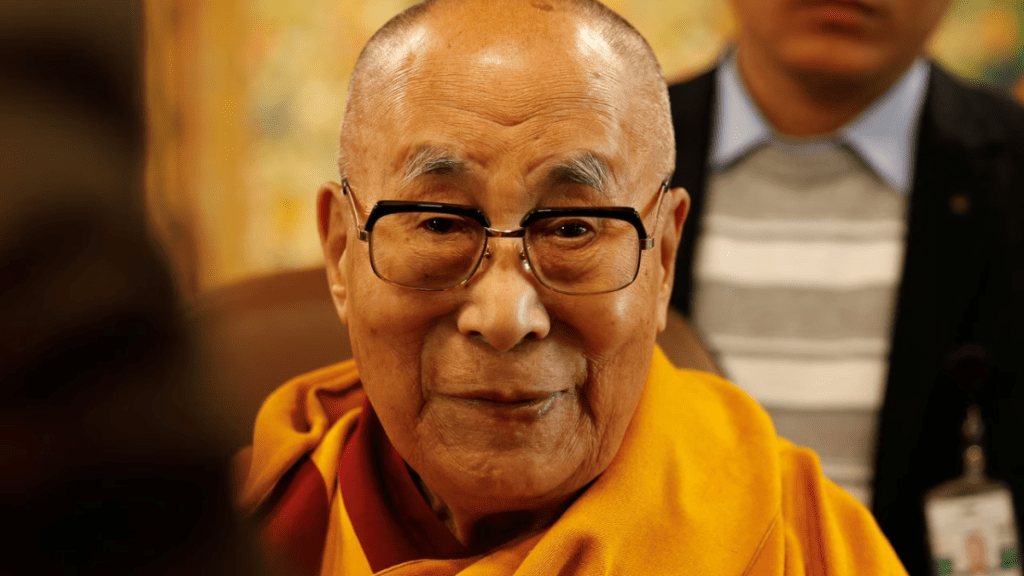India-China relation: China has urged India to be “fully aware” of the sensitivities around Tibet-related issues and recognise what it calls the “anti-separatist nature” of the 14th Dalai Lama. The statement came from China’s foreign ministry in response to Indian Union Minister Kiren Rijiju’s firm rebuttal of Beijing’s claim over the authority to appoint the next Dalai Lama.
The Chinese foreign ministry, as reported by Reuters, said it “hopes the Indian side will be fully aware of the Tibet-related issues” and respect China’s stance, reiterating its long-held claim that it has final say over major Tibetan religious appointments.
India rejects China’s claim on next Dalai Lama
On Thursday, Rijiju, who is a practicing Buddhist and Union Minister, said only the Dalai Lama and the established Buddhist traditions had the right to decide on the reincarnation process.
“The Dalai Lama is the most important and defining institution for Buddhists, and only he can determine his reincarnation. No one else has the right to decide it,” Rijiju told reporters, dismissing China’s assertion as baseless. He will represent the Indian government at the Dalai Lama’s 90th birthday celebrations in Dharamshala on July 6.
Dalai Lama reiterates sole authority
The current Dalai Lama, Tenzin Gyatso, who fled Tibet in 1959 after China took control, had recently reasserted that the reincarnation decision rests with him alone. In a clear move to pre-empt any interference from Beijing, he stated that the Gaden Phodrang Trust, a non-profit body he established in 2015, would be the sole authority on the matter.
“I hereby reiterate that the Gaden Phodrang Trust has sole authority to recognise the future reincarnation; no one else has any such authority to interfere,” the 14th Dalai Lama said in a statement.
China pushes ‘Golden Urn’ system
China, however, rejected this declaration. Mao Ning, spokesperson for the Chinese foreign ministry, said that reincarnations of Tibetan Buddhist leaders including the Dalai Lama and the Panchen Lama must be decided by drawing lots from the “golden urn” and approved by the central government in Beijing.
As the Dalai Lama turns 90 on July 6, the question of his successor is becoming more politically charged. China’s insistence on controlling the reincarnation process is part of a broader effort to solidify its hold over Tibet and influence Tibetan Buddhism.

